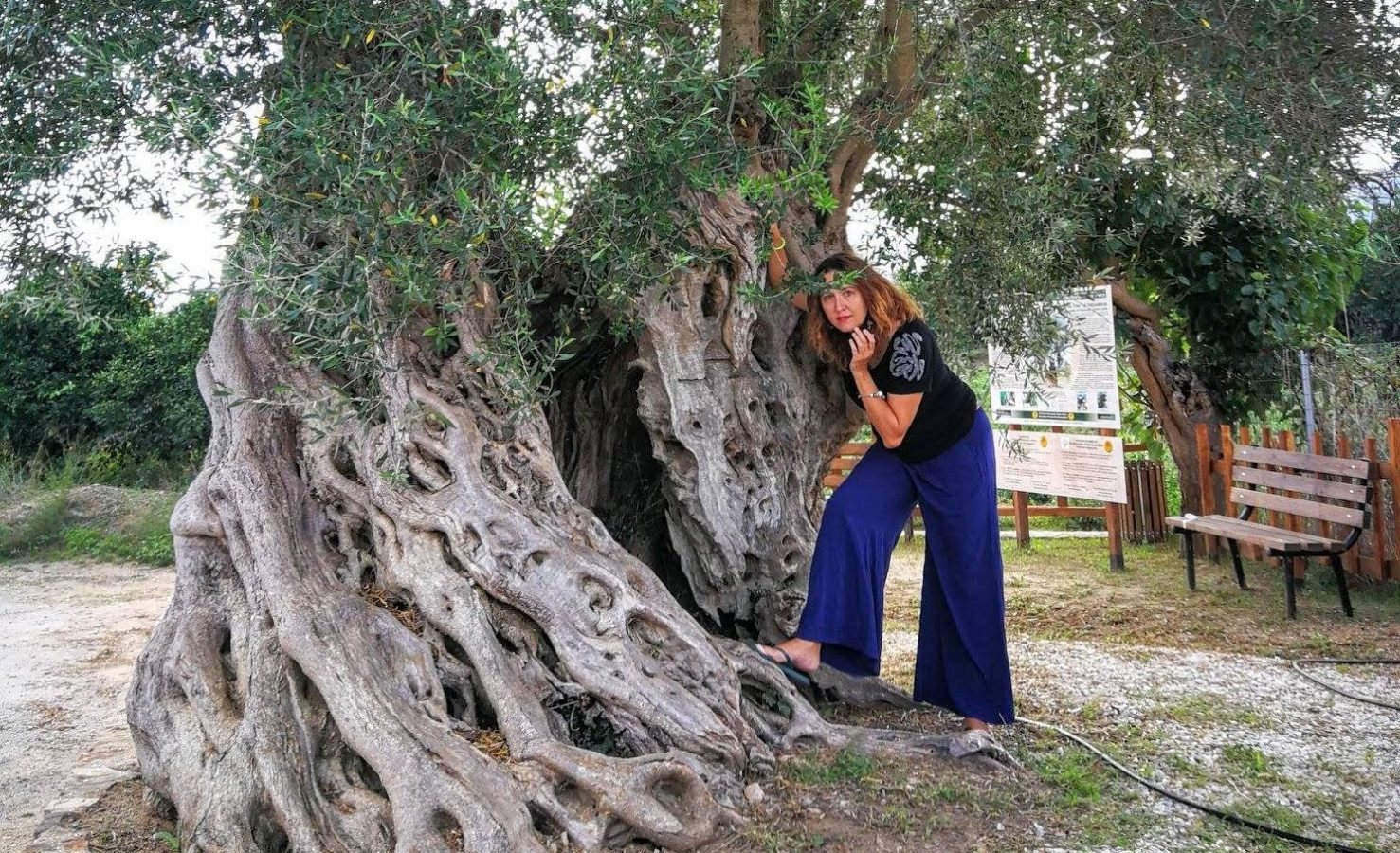Olive oil has long been the soul of Crete — a cornerstone of its cuisine, its economy, and its identity. Yet that tradition is now under pressure few could have imagined. Climate extremes, market instability, and a rise in calculated deception are testing the resilience of the island’s most treasured product.
In 2024, the European Union recorded an unprecedented increase in mislabeling and adulteration cases. Behind the numbers is a mix of opportunists and well-organised criminal groups, quick to seize the moment as olive oil prices climb. What was once an occasional concern has evolved into a broad and costly threat, leaving honest producers fighting to protect their livelihoods.
One recent case in Thessaloniki illustrates the problem. Police uncovered a network that blended low-grade seed oils with colouring and flavouring agents, passing them off as extra virgin. The bottles carried forged PDO and PGI seals, convincing enough to fool many buyers. By the time the scheme was dismantled, it had generated over €135,000 in illicit revenue.
And this is not a localised story. Across the continent, Operation OPSON XIII led to the takedown of multiple smuggling and fraud rings trading counterfeit olive oil between countries. The high profits make the risk tempting: in just a few years, extra virgin olive oil prices have more than doubled, while global production has fallen nearly 27%.
Crete’s Role in the National Picture
Crete is central to this industry. The island produces about one-third of Greece’s olive oil — up to 90,000 tonnes in a good season — with around 80% qualifying as extra virgin.
Greece stands as the European Union’s second-largest olive oil producer after Spain, and the groves of Crete are widely considered the country’s finest. Olive oil contributes nearly 9% of Greece’s total agricultural value and accounts for up to 3% of national exports, making it a vital part of the economy at both local and national levels.
When drought, disease, or fraud affect Cretan production, the shock is felt far beyond the island, impacting Mediterranean trade and even consumer prices in distant markets.
 At the Elevated Olive Tree of Vatolakkos — standing in the shade of centuries of Cretan history.
At the Elevated Olive Tree of Vatolakkos — standing in the shade of centuries of Cretan history.
More Than Just an Export
For Cretans, olive oil is not merely a product on a balance sheet. It is a living legacy, cultivated in groves that have often been in the same family for generations. The trees themselves — their silver leaves and gnarled trunks — are part of the island’s cultural identity.
Fraudsters may be able to fake labels, but they cannot imitate the precise combination of wind, soil, and sunlight that defines Cretan oil. Every authentic bottle represents not only a unique flavour but also a quiet defence of heritage against those who would diminish it.
Crete’s olive oil is under fire. Yet so is its spirit — and history shows both have the strength to endure.


Dining and Cooking